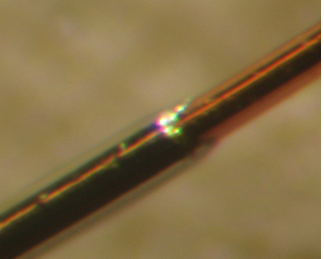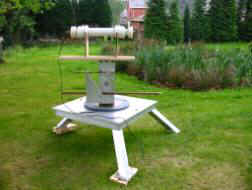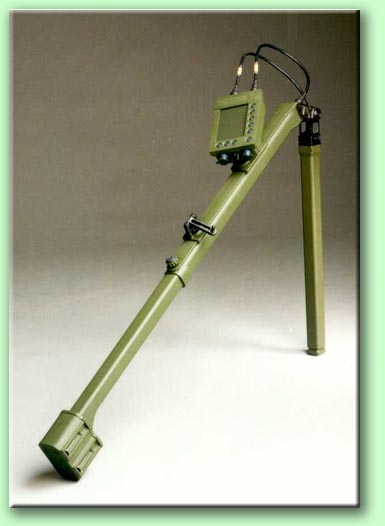Research at MAGLAB covers wide area of topics. We participate in basic research, mostly supported by the Czech Science Foundation, dealing for example with the basic physics oriented to understand the effects which cause trouble in the magnetic sensors, in order to be able to improve them later..
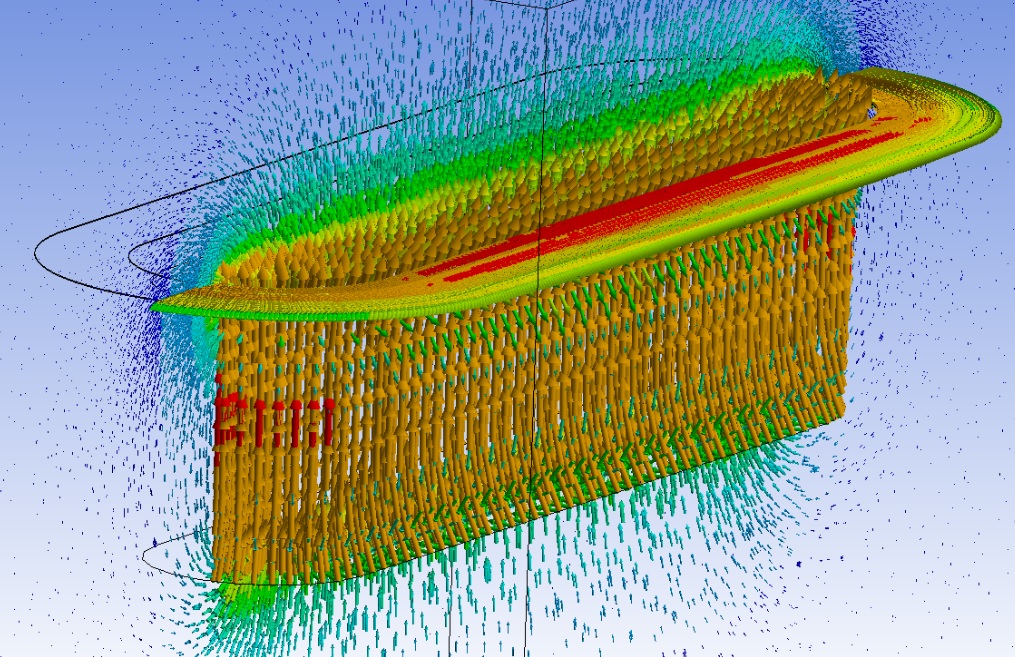
Applied research is oriented generally on the development of specific sensors, their calibration and applications, measurement systems or data processing algorithms. We cooperate with multiple Czech and foreign partners on these projects. Very the often the projects are supported by the Technology Agency of the Czech Republic.
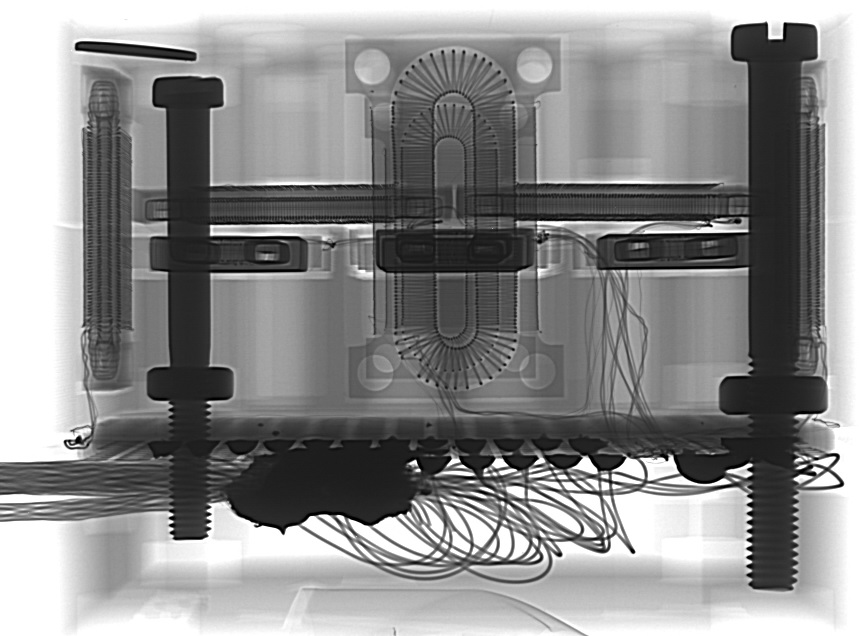
Continually we also do a research requested by our industrial partners, typically from abroad. Recently we worked for instance on these projects: magnetic navigation of drilling heads for vertical and horizontal drilling, ultra-low-noise magnetic sensors for geological prospection, integrated fluxgate sensors or development of ultra-stable current sources for specific calibrations.
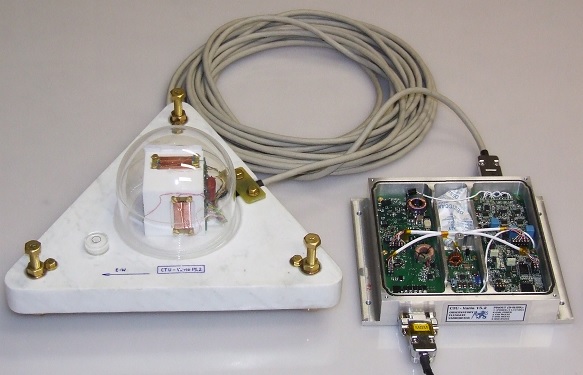
Current Projects
NanoFluxGate – Magnetic sensors based on nanowires and nanoparticles Pavel Ripka (Czech Science Foundation)
Novel magnetic sensors Mehran Mirzaei (SGS)
Contactless Current Measurement Vaclav Grim (SGS)
Below you can find examples of our earlier projects.
New methods for the measurement of electric currents, Pavel Ripka (Czech Science Foundation)
Magnetic gradiometer based on fundamental mode orthogonal fluxgate, Mattia Butta (Czech Science Foundation)
Investigation of Novel Techniques for Excitation of Coil-less Fluxgate, Mattia Butta
Advanced sensors and sensor data processing methods, Antonín Platil (Technology Agency of the Czech Republic)
Fluxgate gradiometer for space application, Pavel Ripka (Technology Agency of the Czech Republic)
Fluxgate effect in thin layers, Pavel Ripka (Czech Science Foundation)
Ultra-low noise magnetometer, Pavel Ripka (Industrial cooperation)
Nanostructured soft magnetic materials for sensors, Pavel Ripka (Czech Science Foundation)
Sensors and intelligent sensor systems, Pavel Ripka (Czech Science Foundation)
Detection of a carry improvised explosive devices, Vojtech Petrucha (Ministry of Interior)
Study of a sensor construction impact on vector magnetometer parameters using extended scalar calibration methods, Vojtěch Petrucha (Czech Science Foundation)
In Space Propulsion -1
During this project we cooperated with the top European companies and institutes in the area of rocket propulsion. We developed a complete data acquisition system* for testing of a new propellant electric pump for medium sized rocket motors.
* sensors, signal conditioning, data acquisition, online data presentation and storage, offline data processing
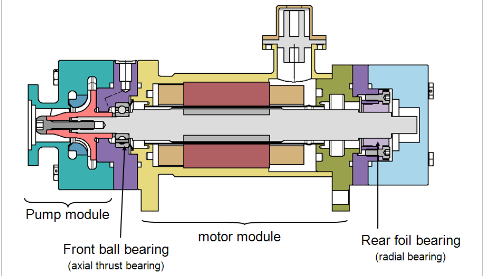
More information here.
Fluxgate effect in thin layers
Project financed by GACR, Grant Agency of Czech Republic (Projekt GA102/08/0743) MAGLAB was developing a new kind of orthogonal fluxgate, employing magnetic microwires as core. On the contrary of classical fluxgate, the output voltage is picked-up at wire’s termination, without need of a pick-up coil. Therefore this sensor is suitable for applications where high miniaturization is required. The working principle of such sensor is based on helicoidal anisotropy induced in the magnetic microwire.
In this picture a microscope photo of magnetic microwire composed by a glass insulated copper core sorrounded by permalloy layer.
For more information ask to Mattia Butta on e-mail: buttamat@fel.cvut.cz
Gastric stimulation for obesity treatment & measurement of stomach volume
Cooperation with US team around prof. Jiande Chen, from University of Texas – Medical branch, Division of Gastroenterology. We have developed for them prototype devices and implantable probes for measurement of gastric distention which is supposed to be a switching mechanism for the stimulating implant, that should ensure proper, or better, wanted function of the gastric wall, making the food consumption lower. The distention measurements have been conducted also in vivo on laboratory animals and gave very promissing results.
Magnetopneumography (MPG)
MPG is a noninvasive diagnostic method for determining amounts (and possibly distribution) of ferromagnetic dusts in lungs of metal workers (grinders, welders, etc.) Remanent magnetic field of lungs is measured after magnetization of subject in strong DC field.
Senpimag

European project coordinated by University of Cambridge concerning development of new actuators/devices/smart materials combining piezoelectric and magnetic materials.
PRACSENS
Leonardo da Vinci pilot project (manager J. Vcelák)
Sensors based on Nano-structured materials
Czech – Greek Project (manager M. Malatek)
Modular Courses on Modern Sensors
Leonardo da Vinci project – CZ/PP-134026 More information about project – web presentation
Fluxgate Magnetometer
Collaboration with the Tohoku University, Japan Project supported by The Ministry of Education in the frame of the program “Kontakt” information (in Czech)
Mimosa satellite magnetometer
3-axial fluxgate magnetometer for Czech satellite Mimosa was successfully working in orbit. Research project supported by Grant Agency of Czech Republic under No. 102/96/1251 More information about project
Contracts
Device for measurement of lung volume for Texas University Hospital Bomb locator DIMADS – for Schiebel, Austria more information
Navigation tool for drilling – for Brownline, The Netherlands

